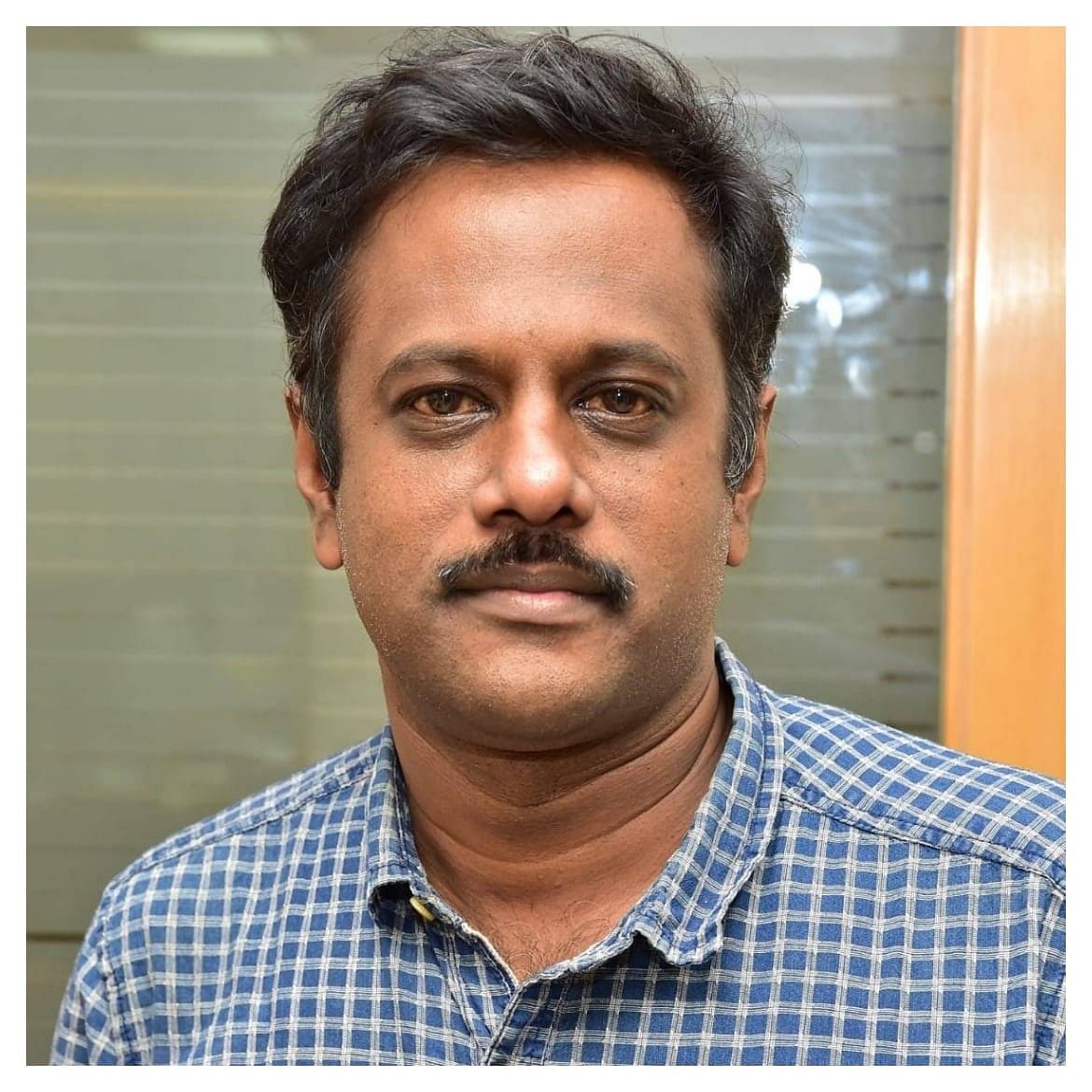'One Nation, One Election' will infringe free & fair polls: AAP to Kovind-led panel
New Delhi: Strongly opposing ‘One Nation, One Election’, the AAP has told the Ram Nath Kovind-led committee that the proposal will "infringe" democracy, free and fair elections, federalism and Parliamentary system and "damage" basic structure of the Constitution.
AAP General Secretary Pankaj Gupta wrote to the panel on Thursday saying the "artificial cycle" of simultaneous polls would "restrict" the choice of votes and that the tenets of Constitution and democracy "cannot be sacrificed for financial and administrative convenience".
Gupta rubbished arguments that simultaneous polls will bring financial gains saying the current expenditure of around Rs 4,500 crore is just 0.1 per cent of total Union Budget.
Aam Aadmi Party strongly opposes the idea of 'One Nation One Election'
— AAP (@AamAadmiParty) January 20, 2024
▪️ONOE will damage the idea of parliamentary democracy, basic structure of the Constitution & federal polity of the country
▪️It is unable to deal with hung legislature, will actively encourage the evil of… pic.twitter.com/dhddINwx2r
He also did not find merit in the argument that the imposition of Model Code of Conduct would have an adverse impact on governance, saying if a Constitutional office holder is engaged in election campaign, it is a political choice and it should not be a reason to altogether alter the poll schedule.
"The attempt here is to synchronise elections artificially, but even to maintain that synchrony, major attacks on popular choice will be made in the form of preventing re-elections when a government loses confidence,” Gupta wrote.
“By introducing a constructive vote of no-confidence, the withdrawal of confidence of people (through their representatives) in the government is made conditional upon instituting a new government from within the same legislature, which may not always be possible. A wrong object and a wrong action would need preservation by a series of wrong actions,” he said.
Countering the argument that staggered elections are keeping the country in a constant election mode, he sought to put the blame on the Election Commission saying that several state elections in 2021 were held in several phases like in West Bengal (eight), Uttar Pradesh (7) and Jharkhand (5), resulting in lengthening of the period of implementation of MCC .
In the letter, Gupta said, “...forced simultaneity of elections through ONOE radically changes the nature of power vested in our representatives by ensuring that the legislature necessarily remains in the office for five years even if the government loses the confidence of the people.”
“This imposes a restriction on the conduct of the elections for five years, silencing the citizen’s democratic power within the five-year period. ONOE will effectively transform the recurring boundary on democratic power into a countdown boundary, which would reduce the temporaneous distribution of democratic power to just two instants in time,” he said.
He said it would imply that the will of the people is "disregarded" when a government loses confidence and continues in office and when despite the legislature not having confidence in the government, elections are not called for.
Gupta also expressed fear that the party ruling the Union would gain an unfair advantage over regional parties and other parties contesting state elections.
Deccan Herald is on WhatsApp Channels| Join now for Breaking News & Editor's Picks
